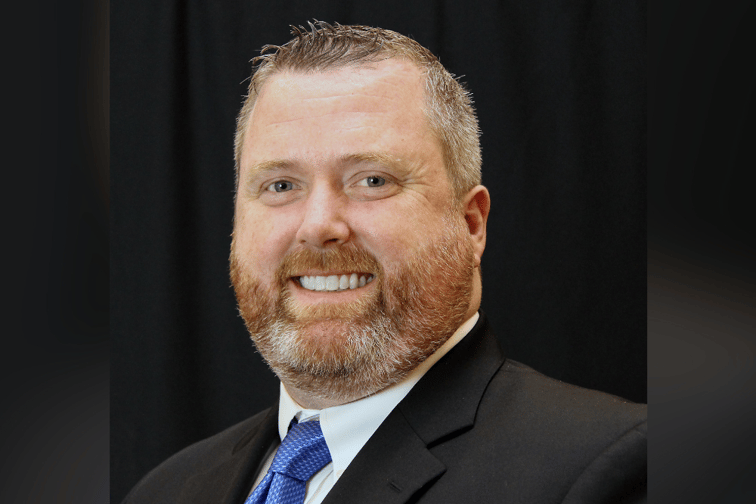

Novatae’s latest announcement that it is expanding its long-term care coverage by bringing in a selection of qualified underwriters can be seen more as a “team lift” as opposed to an acquisition, according to its leadership.
“We looked at a team of underwriters out of another organization that has a unique expertise in the Allied Med and assisted living space,” said Daniel Kerr (pictured), Novatae’s managing director of open brokerage and program development.
“Rather than an acquisition where we are buying a company, instead, we are engaging in a team lift, where the underwriters were looking to move into a new environment and company already.”
This is giving the company the opportunity to create more niche healthcare programs and prepare for a business boom related to an aging US population.
Kerr spoke to Insurance Business about why the long-term health business is an appealing sector to grow in and how the company plans on differentiating itself within the market.
The driving force behind growing in the long-term care insurance space is the rapidly changing demographics in America.
The median age in America is on a continuous rise due to the absence of a rapidly growing young population — the national median age is now 38.9 years, according to a study conducted by the United States Census Bureau.
“Because of the aging population, there's going to be more people that will probably be entering into long-term care or assisted living facilities in the coming years,” Kerr said.
The market remains largely underpenetrated, according to the managing director.
“It is just a growing industry,” Kerr said. “With the marketplace being where it's at, with only a few competitors, that we felt that would be a good niche for us to get into.”
The long-term care market is typically underwritten very rigidly, according to Kerr.
“Other markets have a pretty strict and stringent box of that they will include in their programs,” he said.
Novatae wants to take an alternative route and allow for more customization and less restrictive limits.
An example is the company’s interest in carving out a robust memory care product.
“This includes illnesses like Alzheimer’s, dementia and things of that nature,” Kerr said.
“That’s something that other markets have caps on or do it in a different light than what we view it in. We provide coverage for facilities that do have memory care units without any exclusions or caps.”
Alongside memory care, Novatae is looking to make significant moves in the assisted living industry.
“This team is coming in to help bolster our Allied Med program we already have, but they are also coming with assisted living expertise,” Kerr said.
“That is also a niche market, that there's not a lot of players in, and that we feel has potential for bringing on revenue and premium dollars for the program.”
The increasingly litigious culture within America is one of the most carefully scrutinized issues in the long-term care industry.
“Accidents happen, but with every vulnerability is an attorney that is ready to capitalize on that unfortunate situation,” Kerr said.
Novatae has underwritten its policies to help strengthen its resilience to exposure, Kerr said.
Aside from that, Kerr stated that the company has sought out claims management and third-party administrator (TPA) facilities that will investigate a claim thoroughly.
“Making sure there's coverage where it is warranted, and weeding out the bad actors helps us avoid any added stress,” he said.
The company is also keen on streamlining its response method when dealing with a claim to forgo any delays that create opportunity for a costlier outcome.
“A lot of claims kind of turn into something bigger than what they should be because of lack of response or lack of timeliness,” Kerr said.
“But we have made a conscious effort to partner with the right people to mitigate those exposures.”
Back in January, Novatae’s CEO, Richard Kerr, told Insurance Business about the company’s plans to reach $2 billion in premiums within the next three years.
